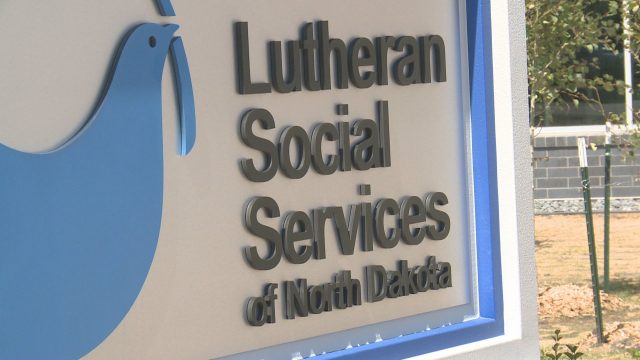State Should Tie Lutheran Social Services Funding To Reporting On Refugee Crime, Public Assistance Reports

When critics of refugee resettlement in the Fargo area, conducted by Lutheran Social Services working under a federal contract, complain that the refugees are driving up crime and are disproportionately dependent on public assistance programs the response defenders of the practice is typically name calling.
Case in point, the Fargo Forum editorial I flagged yesterday which called these claims “a myth” and the critics of refugee resettlement “nativists and xenophobes.” Terms they helpfully tell us are “another way to say ‘racists'”.
But are the claims a myth? Are refugees more prone to crime? Do they use up more public assistance resources than the rest of the population?
We don’t know, and that’s the problem. We need more information in this debate, and journalists more committed to the job of informing the public than the editors of the Fargo Forum would probably realize that.
The question is, how do we get this information so that we can better understand how refugee resettlement is impact our communities? Neither Lutheran Social Services nor the federal government are likely to offer it up, even though such transparency would be a strong step toward engendering more trust and comity with the communities they’re working in. But the State of North Dakota may have a leverage point.
According to data from the state’s online expenditure database, Lutheran Social Services received over $8.5 million in state tax dollars in the 2013-2015 biennium.
So here’s a proposal: Some lawmaker should draft legislation tying some or all of this state funding to a transparency requirement for LSS. If they want to work with the State of North Dakota then, in turn, need to be transparent about the impact of refugee resettlement in North Dakota communities.
And, heck, the state could even make an appropriation to fund the tracking of that data. There’s no reason why LSS need carry the load, and the cost would be minimal for the state.
The goal here wouldn’t be to block resettlement, but rather to understand it better. There are is a lot of frustration with how this program has been implemented to date, and LSS deserves a lot of blame for that, but some transparency could open the door to more acceptance.





